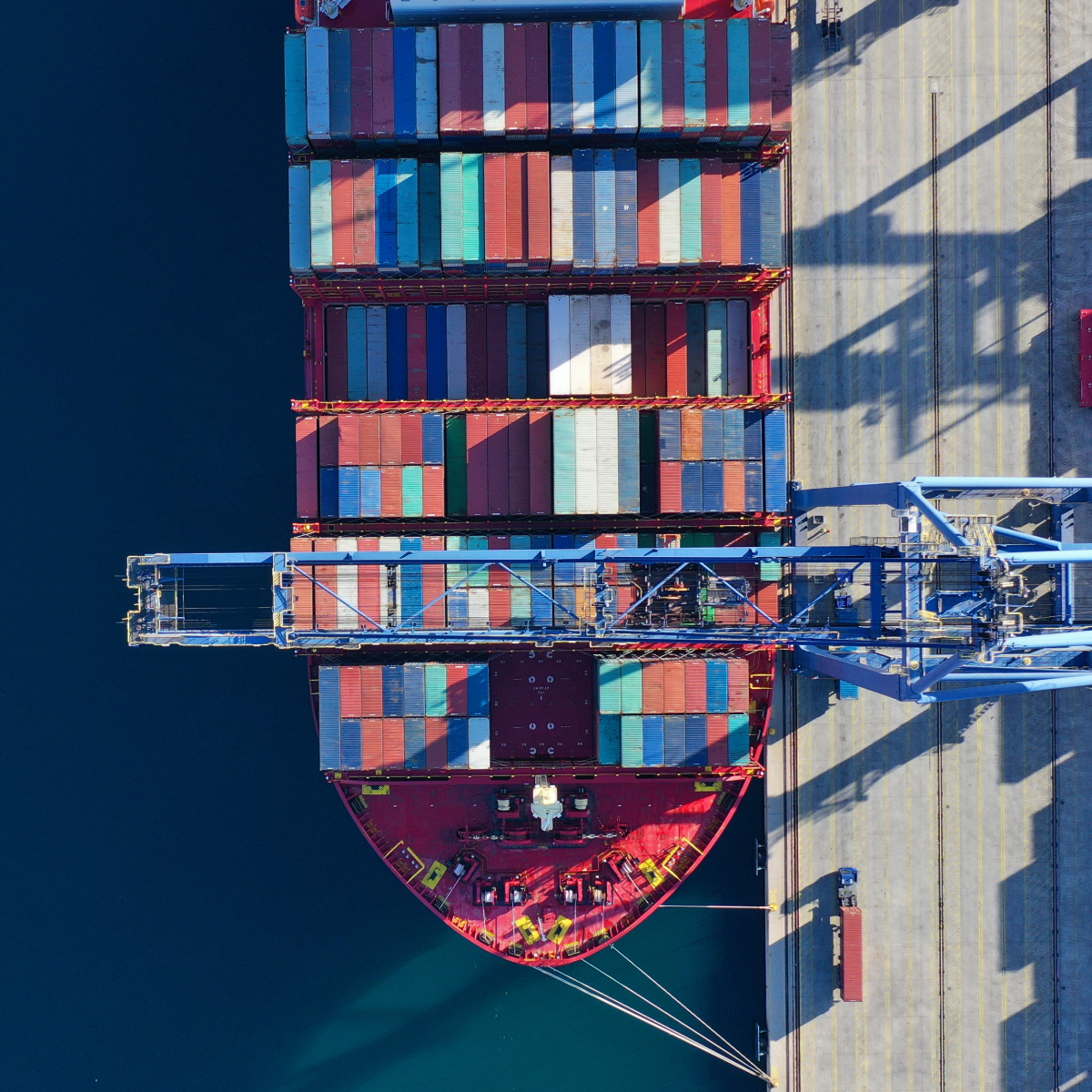UK Vessels Must be Carbon Free by 2050
All vessels that operate and dock in UK waters must be carbon free as part of achieving net zero targets by 2050. The UK government announced the move as it pledged to help vessel owners, operators and scientists make emission-free voyages a reality.
The new Maritime Decarbonisation Strategy sets out goals to reduce greenhouse gas emissions in three steps: 30% by 2030, 80% by 2040 and to zero by 2050. This will see the UK match the highest level of the ambitious goals agreed at the International Maritime Organization in their 2023 Strategy on Reduction of Greenhouse Gas Emission from Ships.
Under the new maritime strategy, the UK shipping sector will be brought under the UK Emissions Trading Scheme (UK ETS). This will see operators of larger vessels – which cause the most pollution -pay more for their greenhouse gas emissions. The strategy also sets out ways to reduce emissions from shipping and increase the use of clean fuels and technologies, such as hydrogen, electric or ammonia vessels.
Invictus Announces Expansion
Invictus Relocation Services has announced the opening of a new branch in Madeira as part of a wider strategy to reach more international communities on the island. This will make the Portuguese-based company the only international relocation company with operating on the island.
Invictus said that Madeira has become one of the most sought-after destinations for expatriates, thanks to its high quality of life, mild year-round climate, attractive tax benefits under the NHR (Non-Habitual Resident) programme, and a thriving international community.
Fabio Manuel, Founder and CEO of Invictus said that the move will allow the company to support the region’s growing demand for its services among families and businesses alike: “This new branch reflects our commitment to providing reliable, high-quality moving& relocation solutions while supporting the growing demand for expert services in Madeira.
“Whether assisting families, expatriates, or businesses, Invictus Relocation continues to lead the way pushing forward to deliver to innovative moving solutions, unmatched expertise & offer solutions where there used to be none.”
Dollar Plunges as the World Braces “Liberation Day”
The US Dollar plunged toits lowest level in months as markets brace the fallout of President Donald Trump’s sweeping tariff package with investors factoring in a potential US recession.
US Treasury bond yields fell with the 10 year yield note falling to 4.05pc, the lowest level since October last year. Bond yields fall when their price rises as investors move away from riskier assets like stocks and bonds towards safer ones such as US securities. The yield is the return or interest rate divided by the bond’s price.
On Thursday, President Trump announced universal tariffs ranging from 10-50pc bringing the hitherto standard bearer in international free trade to the most protectionist economy with levies at their highest level since before World War 2. The levies are higher than they were during the oft noted Smoot Hawley Tariffs that preceded the global conflict in 1930. Tariffs have gone from 2.5pc last year to a whopping 22pc. The unilateral measures risk plunging the world into an international trade war ending the epoch of liberalisation via the globalisation of markets.
Goods that could be most impacted include iPhones which could cost well over $2,000 given Apple’s operations in Asia. Despite efforts to diversify productions, over 90pc of iPhones are made in China with the country hit with a 34pc tariff by the US amounting to 54pc if previous levies are taken into account. The US has a trade deficit of $295bn with China. For it’s part, Beijing responded with a 34pctariff on US goods. Other Asian countries targeted include Japan at 24pc, South Korea at 32pc and Taiwan at 32pc. The tariffs, framed as “reciprocal”, were decided by diving the countries’ surplus with the US by the total exports. While Ireland’s whopping trade surplus of 24bn euros would make it ripe for ahigh levy, given its status as a European Union (EU) member state its trade went virtually unscathed. Indeed, the over 52.8bnn euros in services and 58bneuros in pharmaceuticals as part of an overall 73bn euros in exports last year went untouched in this latest round of tariffs. Irish trade with the US is largely non-tangible with the inclusion of intellectual property a major factor. However, a 20pc tariff on a range of goods could impact the price of a bottle of Baileys, butter and technology devices.
The 27 member EU trading bloc was hit with a 20pc duty with French president Emmanuel Macron calling on Europe to suspend US investments. The US has a $236bn trade deficit with the EU. Despite having a trade surplus of $12bn, the US hit the UK with a 10pctariff. Commerce Secretary Howard Lutnick told CNBC that the surplus was illusory given the presence of bullion and the Value Added Tax(VAT) rate charged on products entering: “Part of their trade surplus is that they have the London Metal’s Exchange and they count the importing of bullion…if you really dissect these things, you realize they have a 20% VAT”. The US argues that VAT is a one way street in that when the US ships goods to Europe they pay the tax while Europeans avoid it when exporting to the US, however, the tax applies to all domestic and foreign goods.
Here’s how markets reacted:
- DOW jones fell 1,679 points or 3.98pc
- S&P 500 down 4.84pc
- Nasdaq down 5.79pc
- Europe benchmark STOXX 600 index down 2.57pc
- German DAX down 3pc
- French benchmark down 3.31pc
- Italy benchmark down 3.6pc
- Japan’s Nikkei 225 index down 2.77pc
- Hong Kong’s Hang Seng index down 1.52pc



.png)